Your café latte isn’t great news for your eco-warrior identity

(Photo: WikiCommons)
Blog | 23. Feb 2021
By Anjila Hjalsted, Environmental engineer and former COSI student and Teaching Assistant
No, your soymilk latte isn’t sustainable.
No, not even in your low-impact bamboo fiber keep cup. Sorry, I know that isn’t great news for your eco-warrior identity. So, let’s start somewhere else: it’s great that you care, and that you are taking action to reduce your personal carbon footprint. Honestly, people like you become trendsetters for a whole generation and choices like yours have significant signal value. And yes, your soy latte is probably more sustainable than the next guy’s cowmilk cappuccino. Which is the point I want to drive home: it’s more sustainable. Not sustainable.
Obviously, this begs the question: when is something actually sustainable?
Anyone who has studied sustainability will know the Brundtland definition of sustainable development from 1987 as meeting the needs of current generations without compromising the ability of future generations to also meet their needs. Similarly, anyone who has reflected on this statement will recognize its vagueness. What do we mean by “needs”? Where’s the cutoff? Do you need that soy latte?
The issue is that consumers, companies and governments use the word sustainable about things that aren’t actually sustainable, although they may be more sustainable than the status quo (which isn’t necessarily saying a lot). It’s greenwashing. It creates a false sense of achievement. And it doesn’t get us very far.
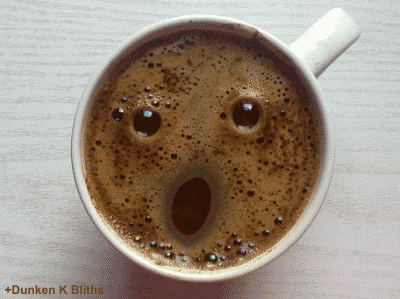
Enter absolute sustainability.
The fundamental idea is simple. Absolute sustainability is sustainability per se – actual sustainability rather than relative sustainability. Relative sustainability refers to something being more sustainable than something else, without necessarily being sustainable in and of itself.
Absolute sustainability is achieved when the subject in question does not exceed its allocated environmental impact allowance (referred to as the safe operating space in the literature). The environmental impact allowance could refer to an allowance of e.g. greenhouse gas emissions, resource depletion, deforestation, biogeochemical flows of fertilizers etc.
So to return to that latte as a hypothetical example: if the greenhouse gas emission allowance for a cup of coffee is 50 g of CO2-eq and the soymilk latte has emitted 100g throughout its lifecycle, then it has exceeded its allowance (by 100%!).
The cowmilk latte might have emitted 300g of CO2-eq, making that even further from absolute sustainability. So while the soymilk latte is more sustainable, neither of them achieve absolute sustainability. The next step, of course, is to determine pathways to achieving absolute sustainability for our lattes. This could include analyzing their life cycles and associated product chains – but let’s not get ahead of ourselves.
What I want to highlight here is the importance of measuring sustainability in absolute terms rather than relative terms – and that starts with simply understanding the difference.
So, while the fundamental idea behind absolute sustainability is simple, actually assessing absolute sustainability quantitatively is a bit trickier. In fact, tricky enough to merit a master’s thesis (yes, you guessed it – mine) not to mention a myriad of emerging research projects on the topic.
In very, very broad terms, I suggest a two-step process to determining the environmental impact allowance for any subject: first by downscaling from global, quantified environmental thresholds (such as the Planetary Boundaries) to the individual level, and then, if applicable, scaling up to a larger level such as a product, sector, nation, etc. etc. The figure below shows the overall idea.
If you’d like a more in-depth and academic dive into this framework and absolute sustainability, check out the paper on the topic that I published recently here. If you’re a student, the paper can also be downloaded free of charge via your university library.
My purpose is to prompt people to ask the right questions
But this is a blog post, so let’s not get too technical.
My purpose here isn’t to guilt trip, truly – between us, that whole thing with the soy latte was just my attempt to be moderately provocative and catch your attention. Rather, my purpose is to prompt people to ask the right questions and to place emphasis on different types of behavioral change to address climate issues in accordance with their impact.
In order to achieve absolute sustainability, globally deep, transformational change is required. Accomplishing that requires systemic, holistic approaches that help avoid problem shifting. And absolute sustainability assessment is an excellent first step on that journey.
So, enjoy your soy latte, but remember the bigger picture too.


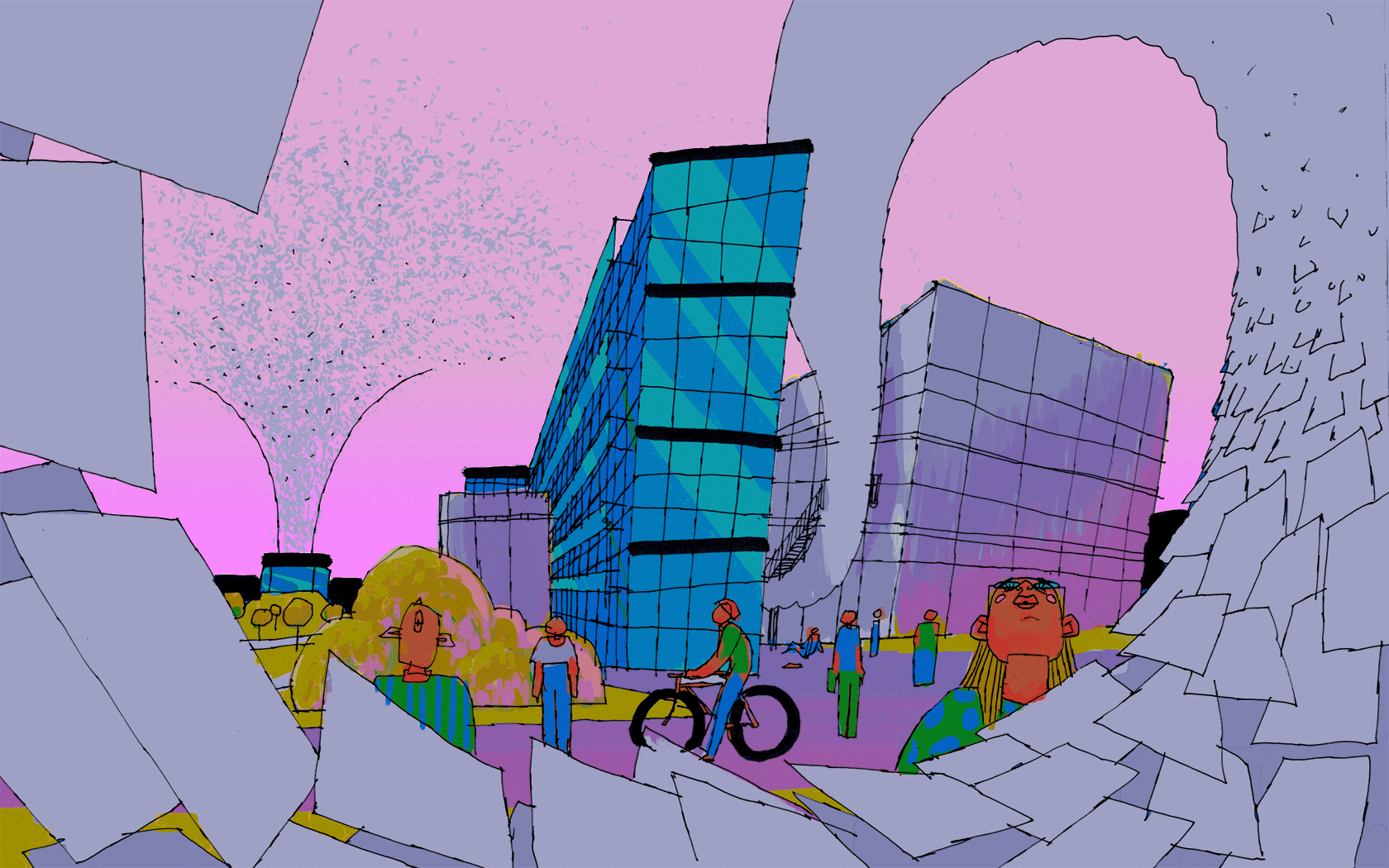
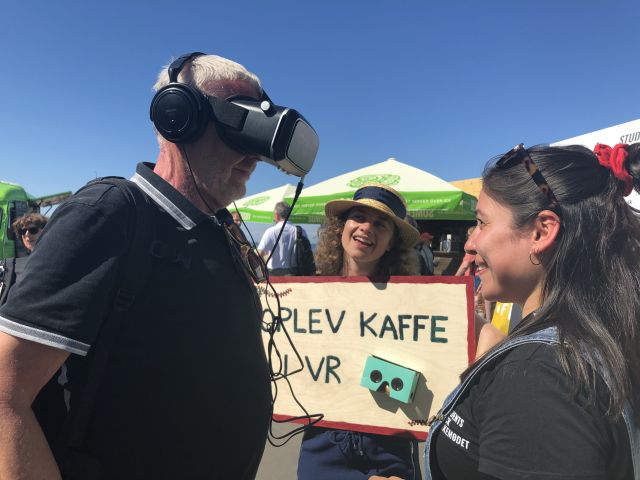
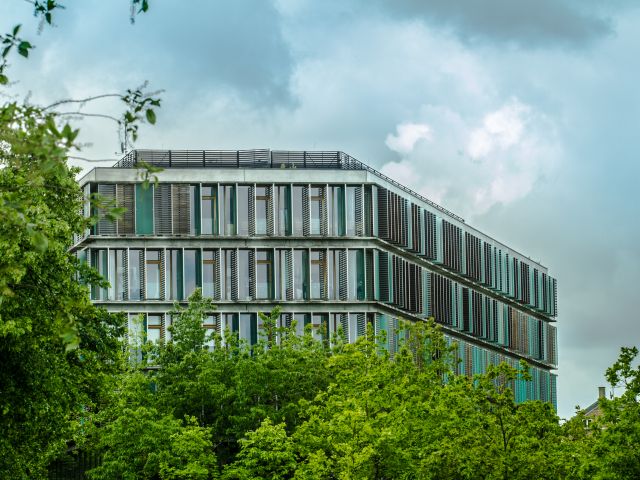
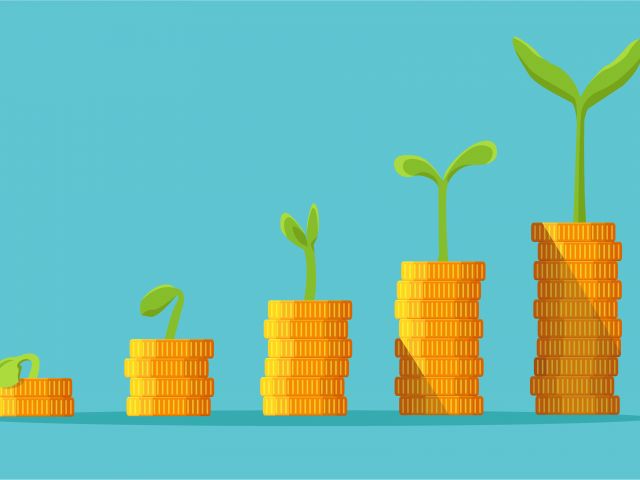
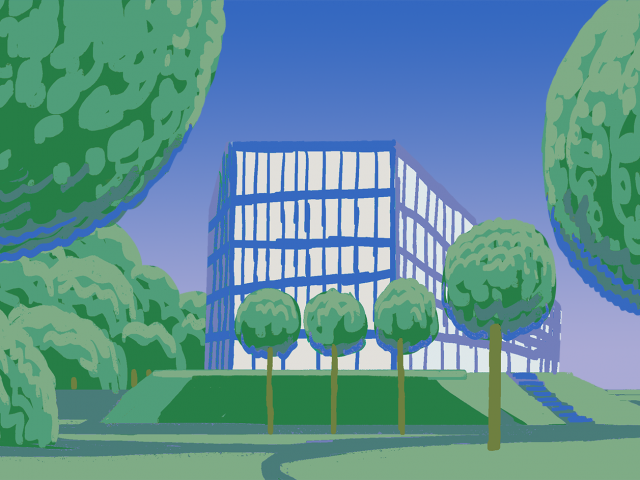

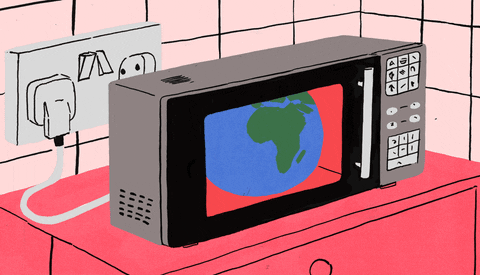





























































































































Comments